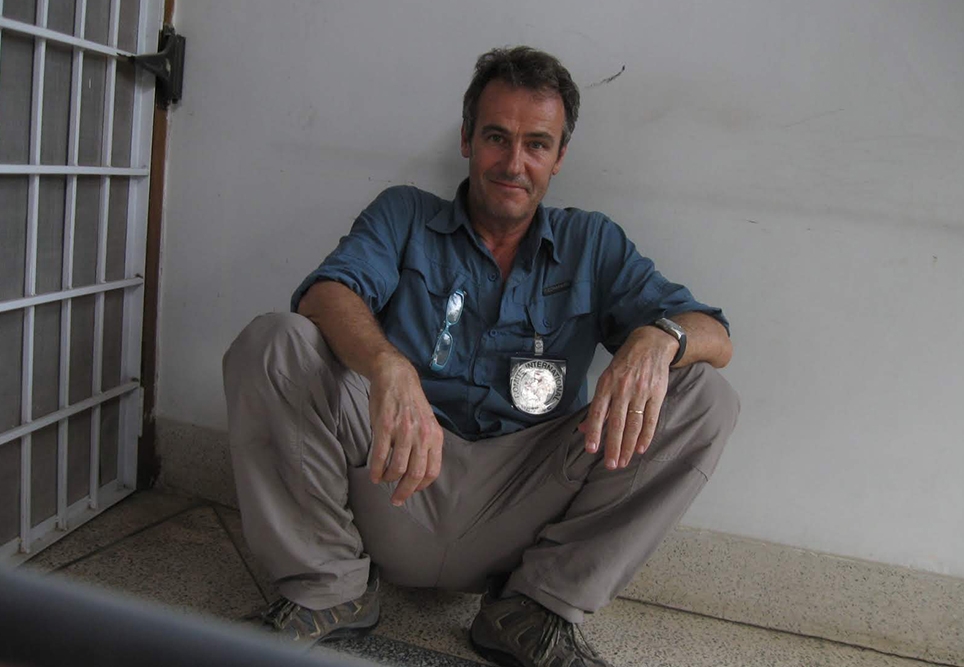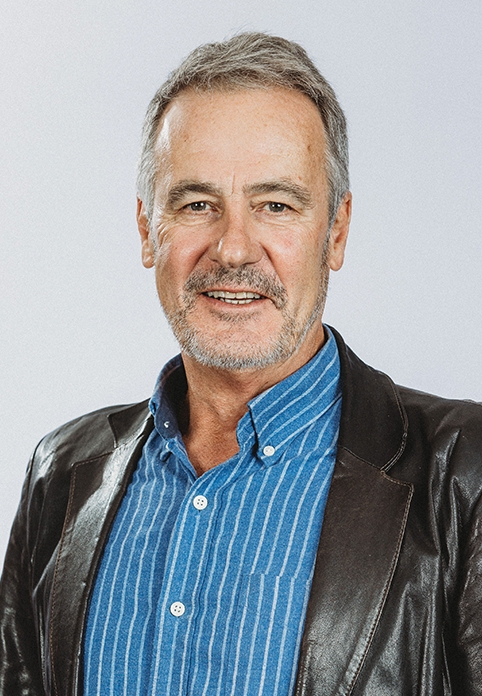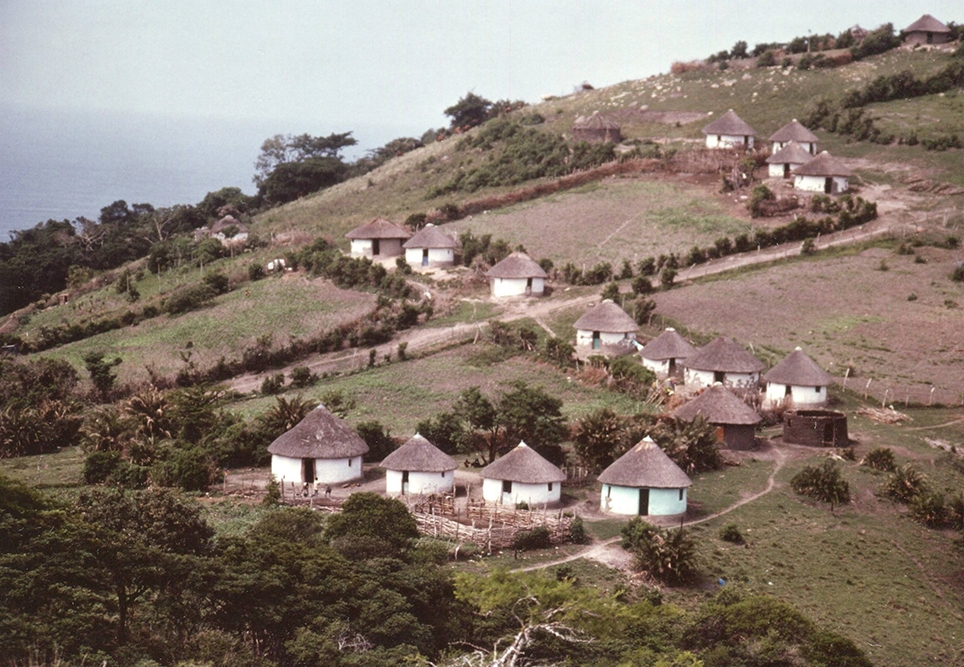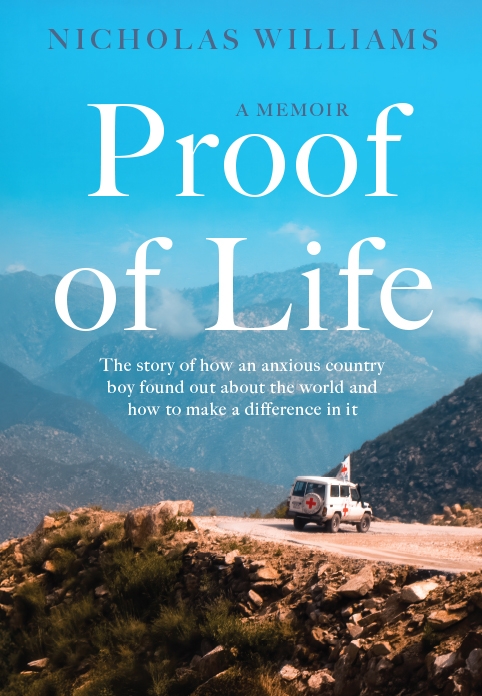This site may not work properly using older versions of Edge and Internet Explorer. You should upgrade your browser to the latest Chrome, Firefox, Edge, Safari, or any other modern browser of your choice. Click here for more information.
Your Stories
This is where we tell your stories, cover topical issues and promote meaningful initiatives.
Nick William's Proof of Life
Nicholas Williams, aka Dr Nick, a long-time CRANAplus facilitator and former Board member, has lived a life of adventure, which he describes in his recently published memoir, Proof of Life. Here, he shares the inspiration behind the book and some glimpses into what can be expected within.
Nick’s mum gave him a cardboard shoebox filled with letters before she passed. The handwriting looked like his, and they were addressed to his mum (whom he would have no reason to lie to), but the content was so far-fetched, he could barely believe they were his own, true stories.
“My early years were pivotal to my life. During those years, I was an enthusiastic writer of letters, and my mother kept them all,” Nick explains.
“I started reading them and I was transported back 35 years.”
Nick knew he needed to do something with the memories these letters revived. So he started Proof of Life – named after the kidnapping precautions taken while working on a humanitarian mission in Pakistan with the Red Cross.
“I had to fill out a ‘proof of life’ form, which involved writing down three questions the negotiators could ask your wife or close relative that only they would know the answer to, that would prove that you were alive,” Nick recalls.
“It made me feel like, ‘Oh my God, I might die’.
“I realised that the three questions I put down were really significant moments in my life and I framed the memoir around them.”
And so the story unfolds that Nick worked as a doctor in rural Africa in the 80s, which led to a career in First Peoples’ health in remote Australia. It was a student elective in the Southern highlands of Papua New Guinea, however, that determined the direction of his career.
Having grown up in country South Australia, Nick had intentions of becoming a country GP.
“I was a typical, middle-class, white guy in my fifth year of medical school,” he confesses.
“I might have stayed like that for years if not for the Papua New Guinea experience.”
It changed everything. It was there that Nick found himself dangling from a plane, staring down into the reality of what a career in remote medicine would entail.
“I’m flying into Tari in the southern highlands, and there’s a gap between two mountains, hidden by clouds. It was dangerous because the pilots had to circle quite a few times until there was a gap in the clouds that they could go between,” Nick remembers.
“I was sitting next to the pilot in the copilot’s seat. As he circled round, he said, ‘It’s open!’ and he thrust the nose of the plane down. At that moment, the door on my side of the plane flew open, and one of my seatbelt clips came undone, so I sort of dangled one arm and half my body out of the plane. I thought I would die. About a minute later, the plane levelled out and the door closed.”
Nick can laugh as he recounts the story now, but this experience set the tone for the serious and challenging nature of working in remote and isolated environments that he would discover throughout his career. Through it all, it was the people he worked alongside who supported and shaped him.
“The theme of the book is how much I learned from nurses and health workers throughout my career.”
Nick paid it forward by becoming a volunteer facilitator on CRANAplus courses for over 25 years, as well as a Board member for 12 years.
He hopes that by reading the book, anyone working in the rural and remote workforce will feel validated in what they do, and that others will find the courage to have a go.
“In the end, the book is a homage to those working in challenging, isolated situations. I really respect people who are up for that.”
Proof of Life by Nicholas Williams is available now on Booktopia and Fishpond.



